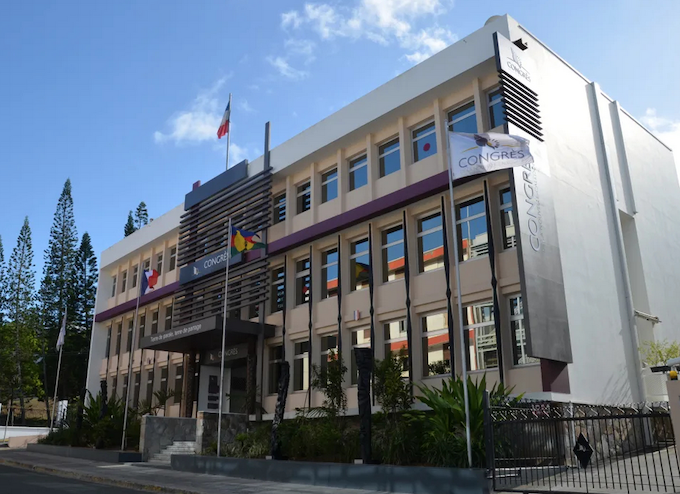
By Andrew Mathieson
New Caledonia has imposed a 50-year ban on deep-sea mining across its entire maritime zone in a rare and sweeping move that places the French Pacific territory among the most restricted exploration areas on the planet’s waters.
The law blocks commercial exploration, prospecting and mining of mineral resources that sits within Kanaky New Caledonia’s exclusive economic zone.
Nauru and the Cook Islands have already publicly expressed support for seabed exploration.
- READ MORE: Cook Islands environment group calls on govt to condemn Trump’s seabed mining order
- Other seabed mining reports
Sovereign island states discussed the issue earlier this year during last year’s Pacific Islands Forum, but no joint position has yet been agreed on.
Only non-invasive, scientific research will be permitted across New Caledonia’s surrounding maritime zone that covers 1.3 million sq km.
Lawmakers in the New Caledonian territorial Congress adopted a moratorium following broad support mostly from Kanak-aligned political parties.
“Rather than giving in to the logic of immediate profit, New Caledonia can choose to be pioneers in ocean protection,” Jérémie Katidjo Monnier, the local government member responsible for the issue, told Congress.
A ‘strategic lever’
“It is a strategic lever to assert our environmental sovereignty in the face of the multinationals and a strong signal of commitment to future generations.”
New Caledonia’s location has been a global hotspot for marine biodiversity.
Its waters are home to nearly one-third of the world’s remaining pristine coral reefs that account for 1.5 percent of reefs worldwide.
Environmental supporters of the new law argue that deep-sea mining could cause a serious and irreversible harm to its fragile marine ecosystems.
But the pro-French, anti-independence parties, including Caledonian Republicans, Caledonian People’s Movement, Générations NC, Renaissance and the Caledonian Republican Movement all planned to abstain from the vote the politically conservative bloc knew they could not win.
The Loyalists coalition argued that the decision clashed with the territory’s “broader economic goals” and the measure was “too rigid”, describing its legal basis as “largely disproportionate”.
“All our political action on the nickel question is directed toward more exploitation and here we are presenting ourselves as defenders of the environment for deep-sea beds we’ve never even seen,” Renaissance MP Nicolas Metzdorf said.
Ambassador’s support
But France’s Ambassador for Maritime Affairs, Olivier Poivre d’Arvor, had already asserted “the deep sea is not for sale” and that the high seas “belong to no one”, appearing to back the policy led by pro-independence Kanak alliances.
The vote in New Caledonia also coincided with US President Donald Trump signing a decree a week earlier authorising deep-sea mining in international waters.
“No state has the right to unilaterally exploit the mineral resources of the area outside the legal framework established by UNCLOS,” said the head of the International Seabed Authority (ISA), Leticia Carvalho, in a statement referring back to the United Nations’ Convention on the Law of the Sea.
Republished from the National Indigenous Times.











































